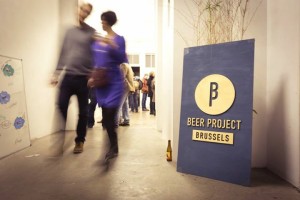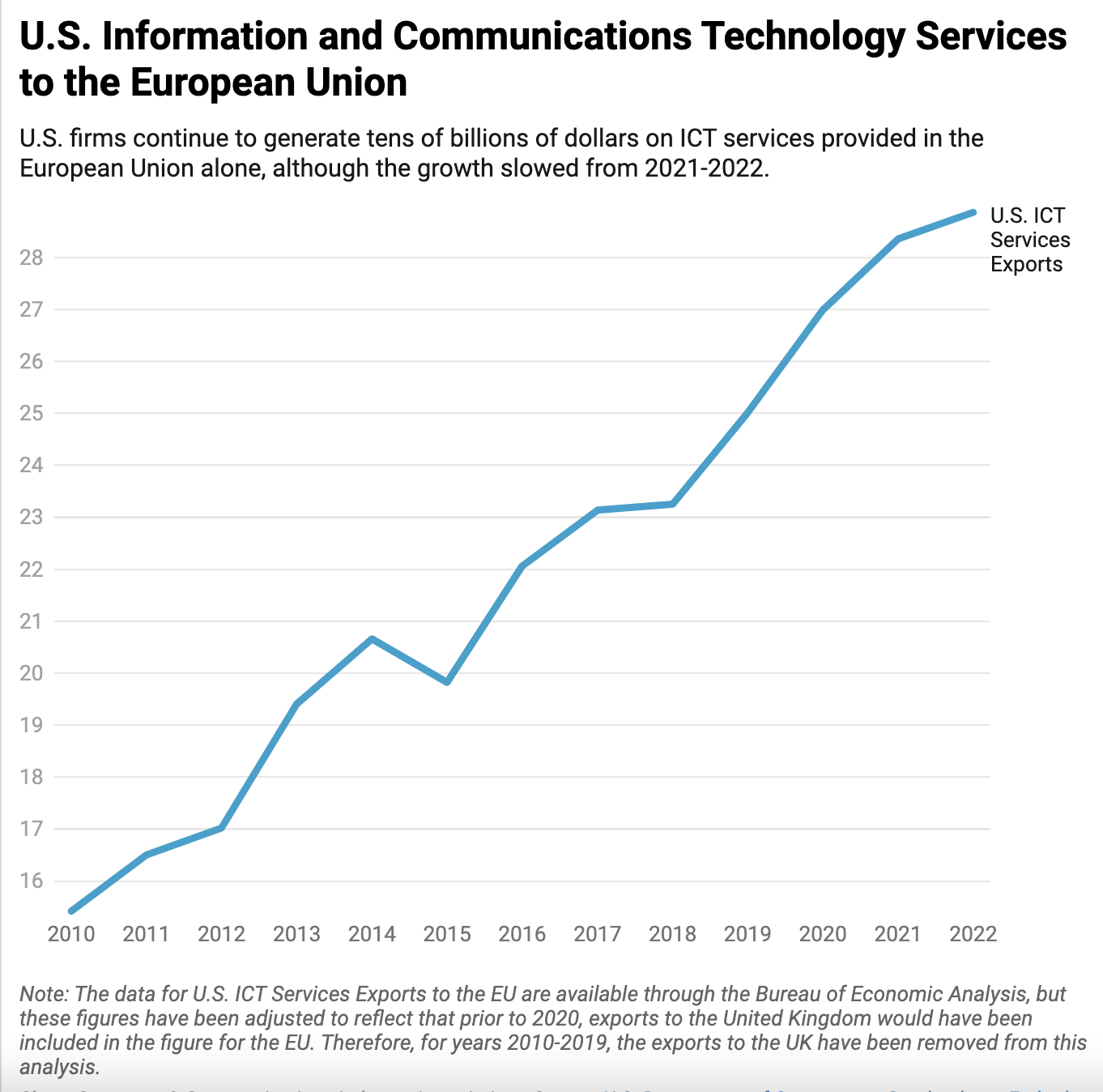Digital Monks: How the Beer Project Brussels took on tradition to re-design Belgian beer
 In my part of the world, Belgium equals beer and beer equals Belgium. Nothing here is more traditional than the process of making beer – not even fries and chocolate.
In my part of the world, Belgium equals beer and beer equals Belgium. Nothing here is more traditional than the process of making beer – not even fries and chocolate.
But making beer is not rocket science. It is about mixing grain with water in the right conditions so that it ferments. There are different flavourings like hops, and there are different starches, but the biggest barriers to becoming a successful beer producer are not scientific or technical. They are often political barriers and attitude barriers.
The history of beer in Belgium cannot be separated from politics. Any Belgian beer you have heard of is almost certainly named after a town here. For centuries brewers were often a town’s biggest employer and held the post of mayor. Many bars and cafés are still owned by the large brewers, and the same companies are also vertically integrated with significant control of distribution.
AB InBev, the world’s largest beer company, is based in Leuven. They began as a local brewer, whose flagship brand Stella Artois dates back to 1366, and are now one of the world’s leading brands, with a 56% market share in Belgium and more than 2500 employees here. Mass brands at one end of the market are matched against traditionalists who argue companies should lose the right to a town name if they move extra production away from that town.
So it’s not easy for a new brewer to make a mark in Belgium: they are competing against 750 years of power, tradition and regulation. But one new venture – the Beer Project Brussels – is proving that it’s possible to redesign the meaning of beer, even in the home of beer. And it’s all digitally-enabled.
Their approach is to do things “together,” taking the strong Belgian sense of community and extending it. Using the Internet this community is shaping the products together, not merely drinking them together.
At first a small team ran tasting sessions in 2013, involving 800 people, to choose from 4 prototypes (alpha, beta, gamma, delta) in order to launch the original co-created beer: “DELTA.”
“8 tastings … 4 PROTOTYPES, 1 WILL SURVIVE, YOU DECIDE!” proclaimed the message that invaded hipster inboxes. The crowd not only chose the beer, an India Pale Ale type of beer with citrus notes, but a much wider beer drinking community was also encouraged to rate it: with Delta scoring 90 / 100 on RateBeer.
Following that came a crowdfunding effort: #BeerForLife, which created the marketing budget for DELTA. The concept is simple: for a 160 euro investment you get 12 beers, every year for the rest of your life.
The design-heavy campaign that resulted saw DELTA spread to Brussels bars frequented by the city’s youth, and in quick succession to supermarket chains like Delhaize.
With a second round of funding the investor community quadrupled, and Beer Project Brussels has been able to export to 9 countries and begin work on a city-centre micro-brewery and bar. The capacity will be around 2.000 hectoliters (600,000 bottles), and 500 people. Along the way three sibling beers joined the range: Babeleir Saint John, Dark Sister and Grosse Bertha.
Brussels Beer Project is not the first microbrewery in Belgium. Their revival started in the 1980s as a reaction to many years of consolidation and industrialization in the industry. But instead of pitching themselves as taking the industry back to its ancient roots or offering you a quaint village or abbey setting, as with say a Brasserie d’Achouffe, Beer Project Brussels is saying there is a new and better way. They are saying that industry can co-exist with gentrified urban spaces, that digital can be integrated with tradition.
Co-founders Olivier de Brauwere and Sébastien Morvan aren’t 100% chilled and digital – I felt a distinctly analogue wrath at a recent Project party in Brussels when I attempted to take home an advertising poster (that’s the passion you want from your fans, guys!).
Yet overall the approach of seeing customers as a community is one that appears durable. “Everybody’s a winner,” De Brauwere told Flanders Today. “Our customers go away with 12 beers a year and a 5% discount in the micro-brewery, and on our side, we’re happy to have people making noise about our beer and following the project.”
More than that, the company has turned social purpose into a business model as well as a marketing model. Their latest beer – called Babylone, after the very first beer from 7,000 years ago – is created using wasted bread from Brussels supermarkets. The bread becomes the basis for the fermentation – half a tonne of white and brown bread each month, leading to 4,000 litres of beer. Welcome to the circular, sustainable economy.
At its heart, the Brussels Beer Project is fascinating because it could not have existed, or succeeded, without the Internet. At a time when many question the job-creating potential of Internet, and the sense of community of the young, these Belgian and French entrepreneurs are showing that both are real.








